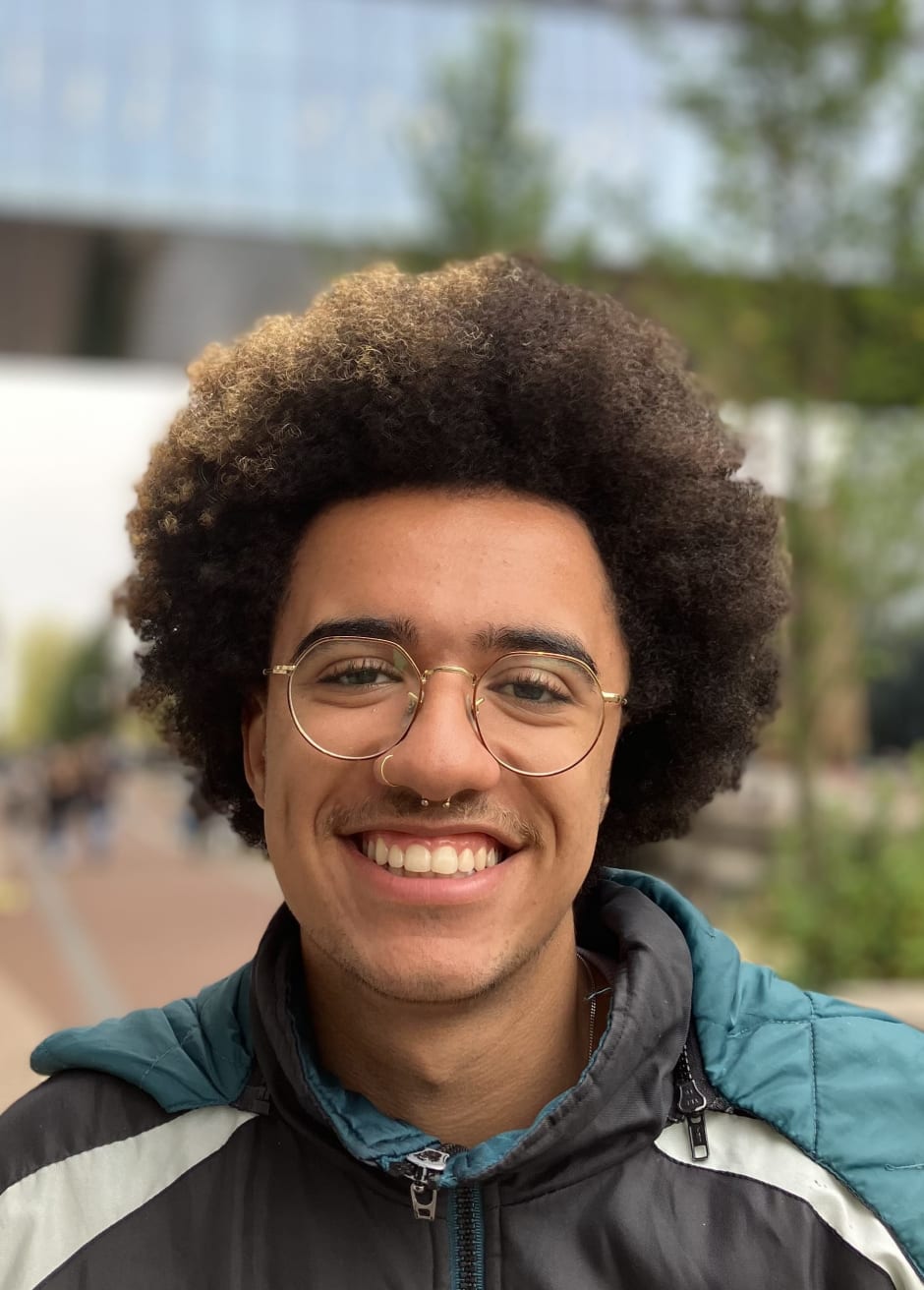
Techno or Bach? Hearing damage depends on duration, not music genre
ADE, the world's biggest dance festival which kicks off again this week, is warning its visitors about hearing damage. Doctors also hope students think about their earplugs: they regularly see students with hearing damage in their practice. “Once damaged, there is no turning back.”
Students regularly show up at the UvA's general practice with hearing complaints. Also after a festival season or a multi-day festival such as the Amsterdam Dance Event (ADE). Tinnitus is one of the most common complaints, says Fleur Clarijs, general practitioner for students. “If you listen to loud music for long periods, you run the risk of permanent hearing damage.”

Tinnitus
Hearing damage can occur with sounds or music as low as 80 decibels, comparable to the volume of your alarm clock or hair dryer. Once the ear is exposed to this volume for too long, the cilia in the inner ear can be damaged. These cilia are important for converting sound through your nerves to your brain. “At some point, a limit is reached and too many of those cilia are damaged, and then you get hearing problems,” Clarijs explains.
Clarijs mostly sees students with the first signs of hearing damage, such as a beep in the ear. Then it is not necessarily clear whether they have suffered hearing loss. “That beeping sound can be very annoying. It can lead to reduced concentration or poor sleep. But it can also disappear over time, which is reassuring. Whether you have actual hearing loss does not become apparent until around the age of 30 or 40.”

Students
Students Jacob Vermeijmeren (22) and Simeon Ridder (18) both regularly suffer from temporary tinnitus after going out. “Sometimes it is difficult to fall asleep. Once in a while it was so severe that the beeping persisted into the afternoon after the party, but then it thankfully went away again,” Ridder says. Vermeijmeren: “I sometimes worry that it is permanent, but so far it has disappeared the day after.”
Student Femke Schouten (25) is less lucky. She has suffered from tinnitus since the age of 14. “With me it came on very gradually; the intensity of the squeak is variable and often stress-related. I have been wearing earplugs since I was 15, not only at parties, but also at busy places in town or in the pub.” It also affects student Abel Koenen (19). “I suspect it comes from someone who started shouting in my ear during a school party to get above the music. Since then, I have suffered from a high-pitched squeak that just won't go away. Fortunately, I have since learned to live with it and it falls into the background.”

According to Clarijs, the duration of exposure is mainly the culprit in hearing damage. “When going out, it does not matter so much whether you listen to techno, house or classical music, but of course there is a difference whether you listen to a Bach concert or stand for eight hours in front of a speaker on the front left at ADE. Ultimately, it's about overexposure,” Clarijs said.
Maximum noise level
To prevent hearing damage, publicly accessible venues with amplified music, such as clubs, must apply a maximum sound level. This is set at an average of 102 decibels over 15 minutes - comparable to a passing underground or a low-flying helicopter. But this is difficult to enforce, Clarijs says. Fortunately, she sees that more and more festivals and organisations are campaigning to prevent hearing damage. “ADE, for example, works with the organisation I Love My Ears to inform people about hearing damage and take preventive measures, such as wearing earplugs. These kinds of organisations also ensure that clubs and festivals comply with regulations.”
Earplugs
But much of the responsibility lies with the people themselves, Clarijs says. “Most students who come to me do know that too loud music is harmful and regret not having done something with their ears earlier. So those earplugs are really important.”
According to Clarijs, it does not matter which earplugs you wear, whether they are sleep earplugs made of foam or wax, or special earplugs with a music filter. “However, it can help to buy good, possibly custom-made, earplugs straight away. Then you are also less likely to take them off at a party.”
Student Koenen likes to add: “If you can't understand each other in the club, don't put your hands around someone's ear and then shout into it, but talk at a normal volume or walk away.”
In the run-up to ADE, Clarijs has another piece of advice. “Besides hearing protection, it is also good to give your ears a rest now and then. At ADE you can go on endlessly for several days, but make sure you take a few hours’ rest in between. That way you reduce the constant exposure to noise and thus the risk of hearing damage.”

